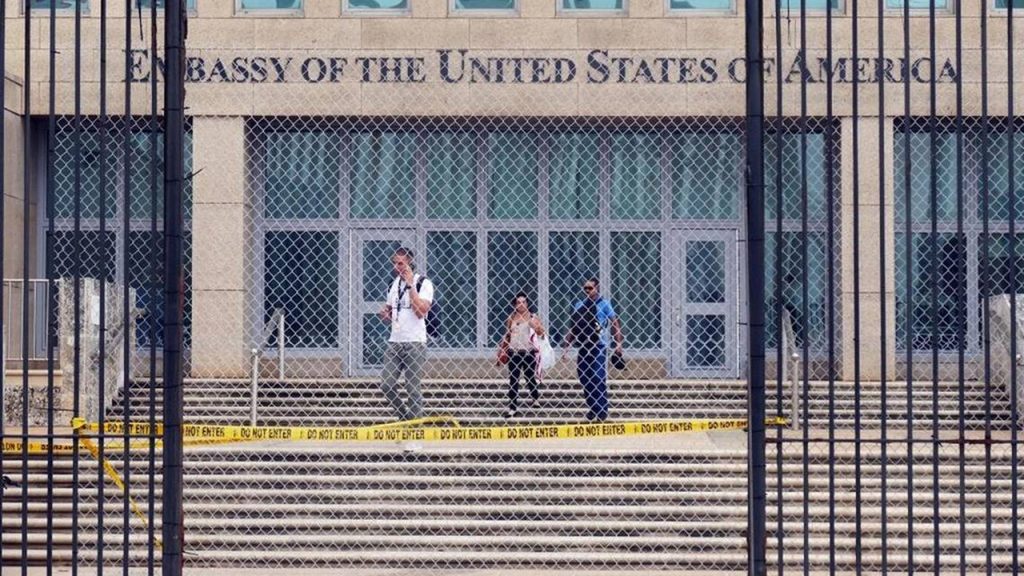A long-term study of Havana Syndrome patients was abruptly shut down after an internal investigation by the National Institute of Health (NIH) revealed mishandling of medical data and ethical concerns. The study was halted after complaints from participants about unethical practices, despite the fact that no evidence linking the participants to the same symptoms and brain injuries had been found. The investigation found that regulatory and NIH policy requirements for informed consent were not met due to coercion, although not on the part of NIH researchers. A former CIA officer, known as Havana Syndrome’s Patient Zero, described experiencing severe sensory phenomena while stationed overseas in Havana, Moscow, and China, including vertigo, tinnitus, and cognitive impairment.
Hundreds of U.S. intelligence officers have been experiencing symptoms of Havana Syndrome, believed to be caused by a pulsed energy weapon. The intelligence community released an interim report concluding that a foreign adversary is “very unlikely” to be behind the symptoms, despite qualifying for U.S. government-funded treatment of their brain injuries. 334 Americans have qualified for treatment for Havana Syndrome in specialized military health facilities, according to a study released by the U.S. government accountability office. Patients like Adam, the first to experience the symptoms in December 2016, have raised concerns about the inclusion of patients who do not qualify as Havana Syndrome patients in the study, potentially diluting the data being analyzed by NIH researchers.
Adam and other patients who participated in the NIH study have accused the CIA of pressuring individuals to join the study in order to receive treatment at Walter Reed, as well as including participants who did not truly qualify for the study. They have alleged that the CIA was not providing adequate, matched control groups, flooding the study with individuals who were not connected to Havana Syndrome or had other unrelated medical issues. Despite these accusations, the CIA has stated that they take any claim of coercion or perceived coercion seriously and have fully cooperated with NIH’s review of the matter. The CIA Inspector General has been made aware of the NIH findings and prior allegations related to the study.
Havana Syndrome victims who participated in the study are now seeking to pressure the Journal of the American Medical Association (JAMA) to retract two articles published last spring using early data from the study that concluded there were no significant MRI-detectable evidence of brain injury among the participants compared to a control group. Patients believe that the data was flawed due to the inclusion of individuals who did not truly have Havana Syndrome and the lack of appropriate control groups. The controversy surrounding the study has raised concerns about the handling of medical data and ethical practices in research studies involving sensitive health conditions.
The shutdown of the NIH study on Havana Syndrome patients reveals a deeper issue surrounding the ethics of medical research and the treatment of individuals experiencing mysterious symptoms like those associated with Havana Syndrome. Patients have been pushing for greater accountability from the NIH, the CIA, and other government agencies involved in the study. The potential involvement of a foreign adversary in causing the symptoms has created additional complexity in investigating and treating the condition. It remains to be seen how this controversy will impact future research on Havana Syndrome and the treatment of affected individuals, as well as the collaboration between government agencies and medical researchers in addressing such health issues.


